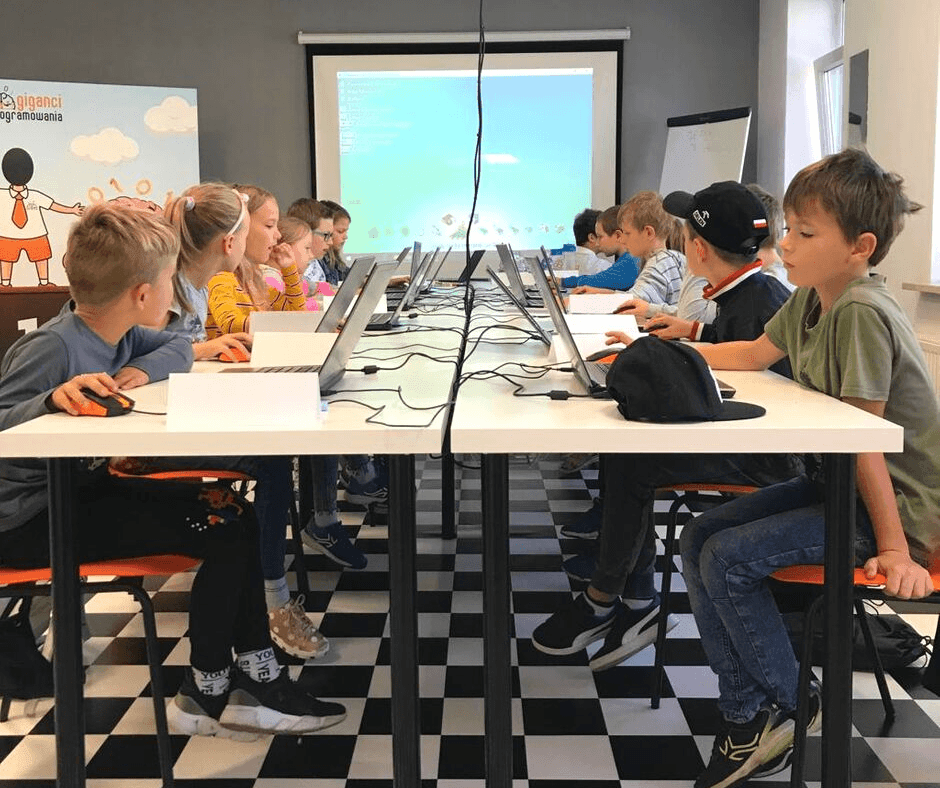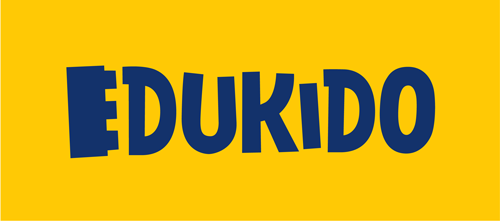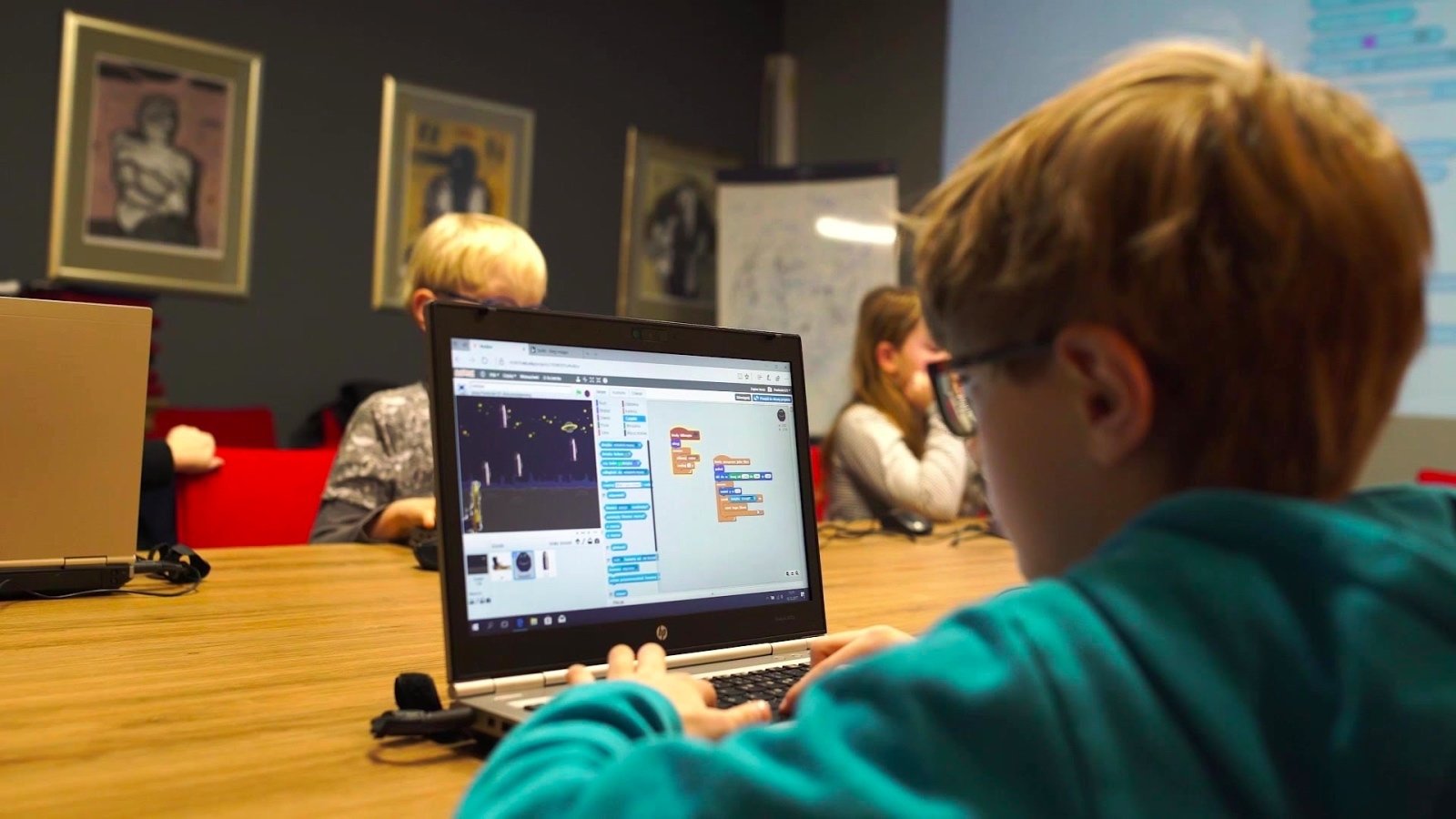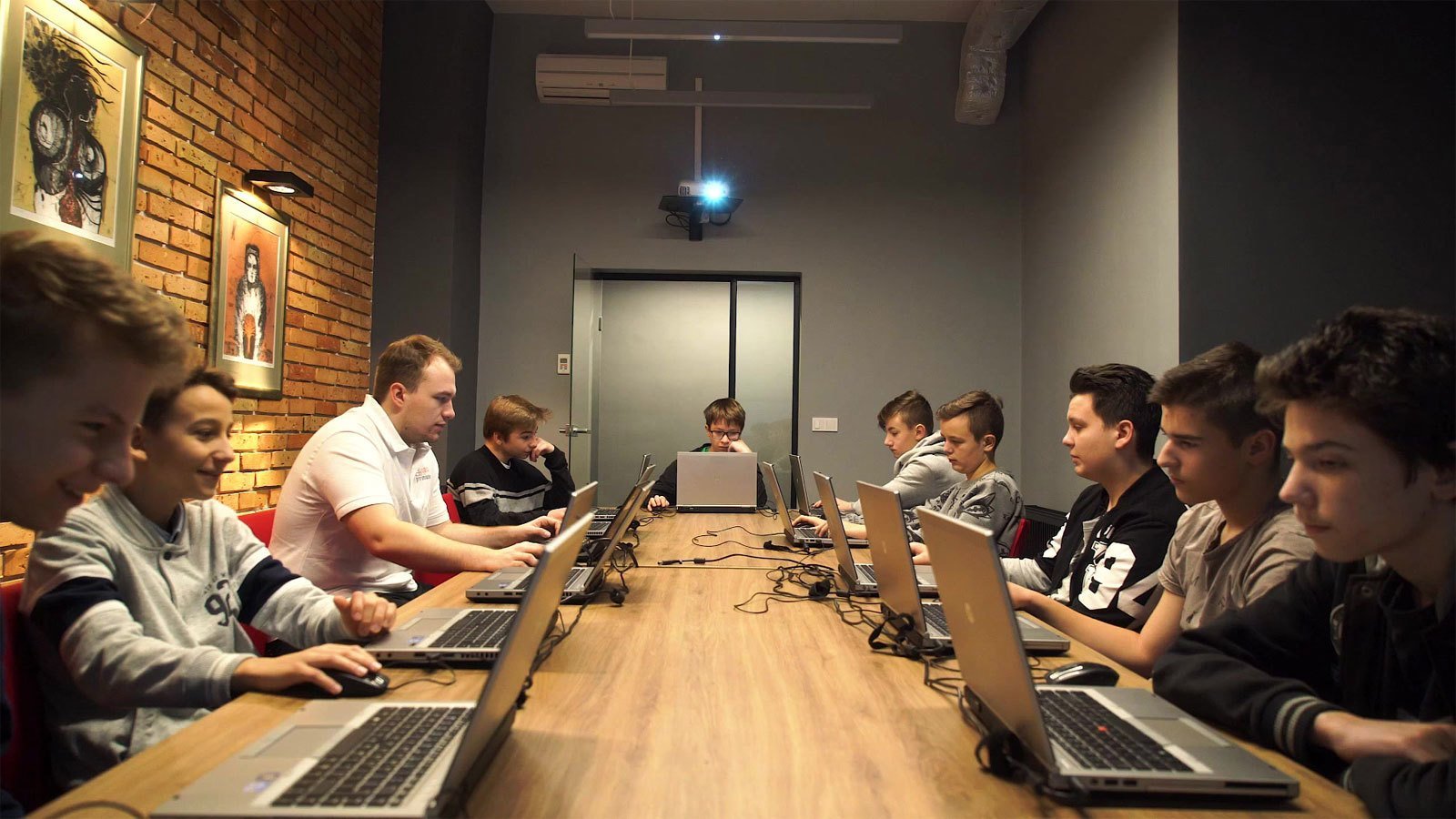Coding Giant's global footprints

- The technology we teach has helped the world through the pandemic - says Coding Giants Sales & Marketing Manager, Bartosz Jakubowski.
Coding Giants are an innovative educational institution aimed at developing the youths’ love and understanding for new technology. In a little over 5 years, Coding Giants have already satisfied over 100 thousand customers interested in developing IT skills. The company’s growing popularity has seen them looking to expand their business model to new regions in Europe, as well as entire new regions such as North and South America and as far as Australasia.
We spoke to Coding Giants Sales & Marketing Manager, Bartosz Jakubowski about the changes in the business amidst the global pandemic, and find out just what the future holds for the children’s IT education company.
How has the pandemic changed your approach to business?
We were forced to move our classes online. And everything had to move to online very quickly. Before the pandemic, all of our operations were operating mostly with stationary classes. We did provide online classes earlier on so it wasn’t totally new. However, it affected us in the way we improved our online courses.
We were a little bit worried in terms of the drop of numbers at first. We were expecting a drop in about 20%, but we were much more successful than our initial assumptions. Our drop in students worked out to be less than 5%, which we recovered the following semester. For that I think we navigated the pandemic rather successfully, keeping in mind we maintained the same level of classes, courses and services from before the pandemic. Therefore, we believe it was really well organised and well done by our team.
What support did you offer to your franchisees?
Within 10 days of the lockdown starting and schools closing, we managed to prepare a full updated package for our franchisees on how to run all of our online classes. We implemented sufficient tools both in terms of our organisational side (CRM and IT tools) as well operational (teaching tools and customer support). As a result, the majority of our franchisees did not suffer any substantial drop in sales. Perhaps, even the other way around. Over the long term they will increase sales thanks to these new features and possibilities. In unit cases that were affected more seriously, we decided to temporarily drop the fees or change the schedule of payments.
Do you think there is a change in demand for coding education?
We see the increase in demand on a regular basis - it’s been going up years and even in the last months. It’s hard to see at this point what influence the pandemic has had specifically. I think the importance of coding education will tighten up as people realise how important these new IT orientated new technologies are for children to be familiarised with nowadays.
First of all, this technology has helped us, all over the world, go through the whole pandemic situation. This technology helped companies and schools around the globe move their operations online and remotely. I think we now realise just how important and reliant society is on this kind of technology.
Secondly, people might also realise that there are some jobs and potential labour activities that are pandemic or crisis proof, such as programming; jobs that can be done remotely that bare no harm to job security. Many IT companies are working remotely on a regular basis or have a hybrid working system with the home and office. These companies were not as affected as other businesses during the pandemic. This means the IT business is pandemic proof and gives great opportunities to the future generations labour market.
What is on the horizon for Coding Giants?
We want to be present worldwide and we are taking big steps towards it. We are still developing our presence in our current European markets of Poland and Spain, as well as new ones in Croatia and Slovakia.
As for our international expansion, we are 100% starting online classes in Mexico and Chile this September. The Mexican and Chilean branches are being organised by our Spanish collaborators as they are Spanish speaking. We see this as the most natural way for developments in that region.
Actually, we most probably will have our next 3 or 4 countries ready to start this September using master franchisees in those regions. We are just waiting for the conclusion of the contracts before we announce them.
How much does it cost to start a franchise?
The costs vary depending on the type of product. The biggest variation in costs is linked the model of the franchisees. We use three different models: the unit franchisee, the area developer and the master franchisor model. The master franchisee model is the most expensive obviously. The variation of costs is very, very big. The wealth of the region that each of these franchises can be opened is also taken into consideration into the pricing of each model.
explore franchise opportunities

Edukido
Educational programs with Lego

International Kids Academy
Day care for children

Scientific kitchnette
Educational programs for kids

Speed Reading and Smart Learning School
Educational programs for kids

Verbatoria
Talent testing using neurofeedback

Young Engineers
Educational programs for kids

IQ UP!
Children's mind development courses
Featured franchises
No featured franchises
Other concepts from sector education

Edukido
Educational programs with Lego

International Kids Academy
Day care for children

Scientific kitchnette
Educational programs for kids

Speed Reading and Smart Learning School
Educational programs for kids

Verbatoria
Talent testing using neurofeedback

Young Engineers
Educational programs for kids

IQ UP!
Children's mind development courses
Breaking news
Show all
Pandora Greenbox franchise
Pandora Greenbox offers a scalable fast-casual concept combining healthy cuisine, smart design and strong unit economics across Europe.

Expanding premium footwear through franchising
A French footwear brand expanding through franchising, offering structured entry into premium shoe retail with established operational standards.

Franchise model in sustainable water solutions
An international franchise network focusing on water generation and distribution technologies designed for commercial and residential markets.

Milano Cosmetics franchise overview
Milano Cosmetics offers a global franchise model for professional beauty salons with defined financial terms, operational support, and...



